The Search for Justice: The Sri Lanka Papers
The Sexual Violence and Impunity in South Asia research project (coordinated by Zubaan and supported by the International Development Research Centre) brings together, for the first time in the region, a vast body of knowledge on this important – yet silenced – subject. Six country volumes (one each on Bangladesh, Nepal, Pakistan, Sri Lanka, and two on India) comprising over fifty research papers and two book-length studies detail the histories of sexual violence and look at the systemic, institutional, societal, individual and community structures that work together to perpetuate impunity for perpetrators.
In this collection of essays on Sri Lanka the authors – activists, lawyers, academics, journalists – look back at Sri Lanka’s long and intense armed conflict during which women and men were sexually brutalized, assaulted, tortured and disappeared. They examine not only the rampant sexual violence during the conflict period, and the impunity enjoyed by its perpetrators, but focus also on women’s struggles for survival, their interactions with community leaders and their navigation of society’s expectations, their understanding of, and access to justice. Essay after essay argues compellingly for the need to stop treating survivors of sexual violence as victims and to start seeing them as potentially powerful agents of change.
The writers highlight a hitherto unaddressed aspect of sexual violence: that of the structures that enable impunity on the part of perpetrators, be they security personnel and paramilitary forces, members of armed rebel groups, gangs, local politicians and police or ordinary citizens including close family members.
They demonstrate how impunity for perpetrators is both a failure of the formal justice process and a product of individual, community and social conditions and indeed the choices that victims and families often make, which promote silence over truth. At the end of more than a quarter century of conflict that has left some 100,000 dead, 50,000 women-headed households struggling to survive, and created countless victims and survivors of sexual violence, the calls for justice can no longer be ignored.
Get it now and save 10%
BECOME A MEMBER

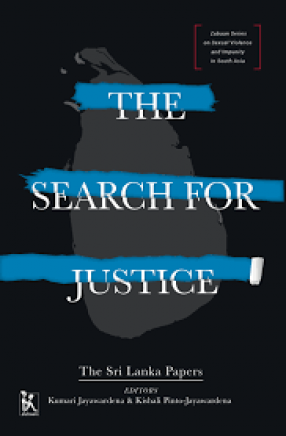
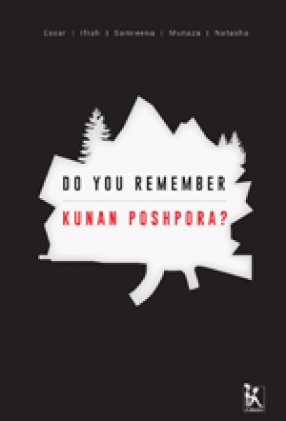
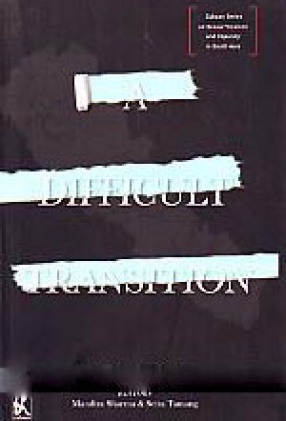


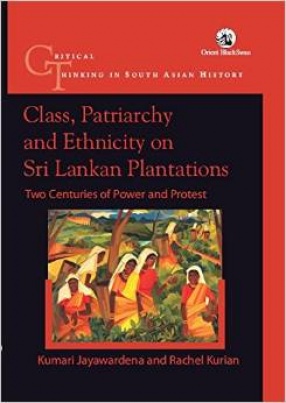
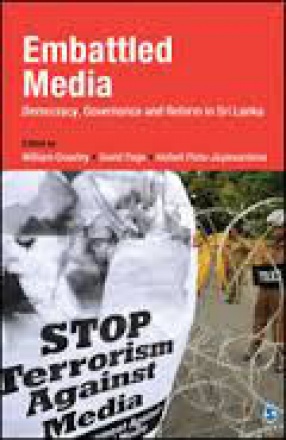



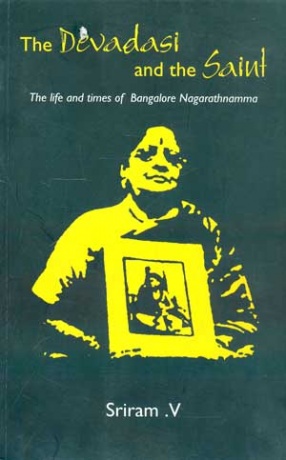

Bibliographic information
Kishali Pinto-Jayawardena